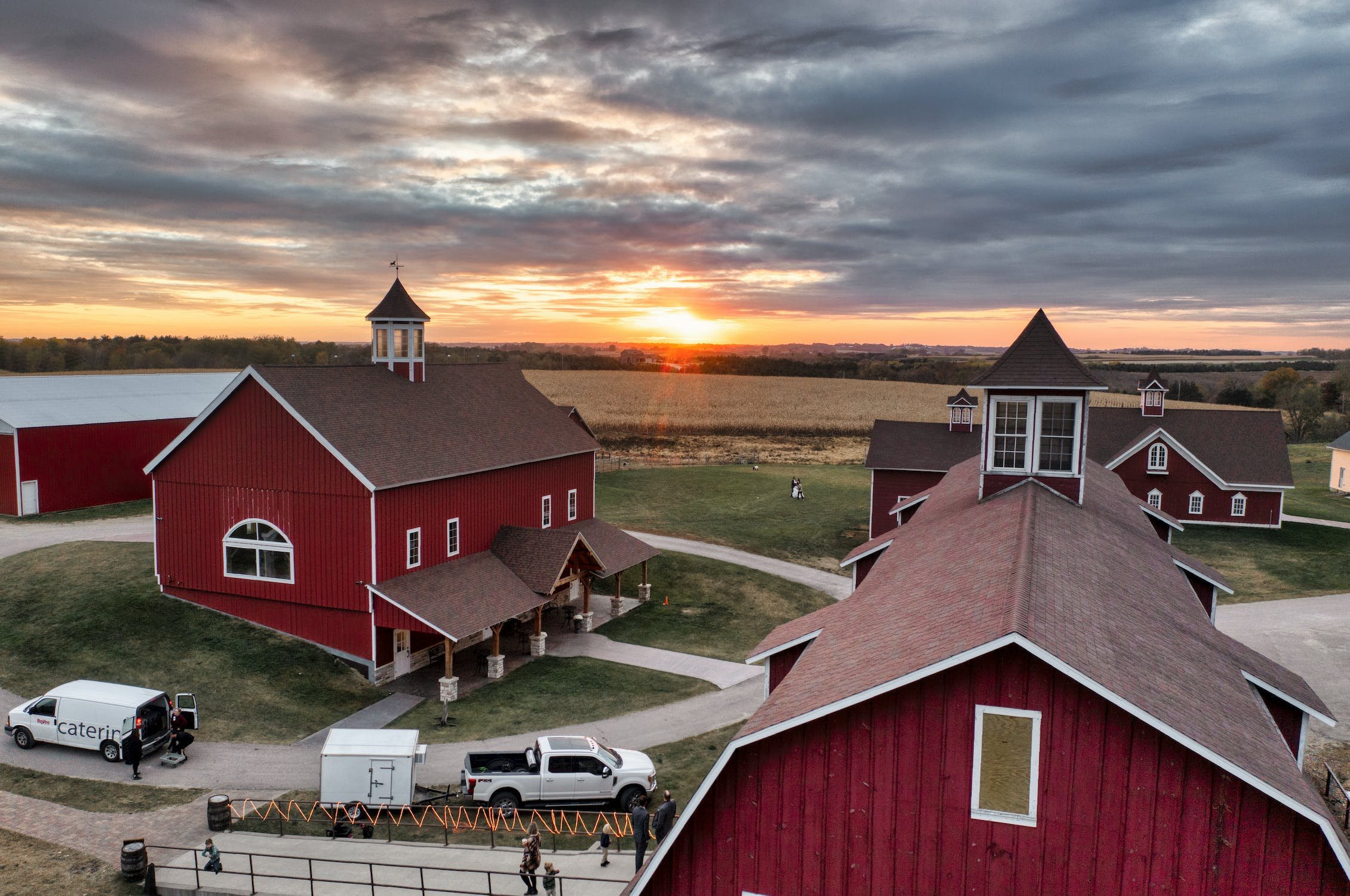7 Things You Need To Know Before Buying A Barn
If you’ve been dreaming of living a life surrounded by open fields and pastures, owning your own barn is the perfect way to make that dream a reality. But before you get ahead of yourself and dive in head first, there are certain important considerations that need to be made. This blog post will provide an overview of seven essential components you should know about purchasing a barn - from the tasks necessary for the installation to understanding local zoning laws applicable to this type of structure. Buying a barn is no small feat, so it's critical that careful thought and research have gone into identifying all aspects of your purchase. So if you're ready to start looking for the ultimate rural retreat, let's review what needs to be done beforehand!
1. Installation and Construction Tasks
Investing in a barn means that you’ll need to plan ahead, and planning ahead means properly tackling the installation and construction tasks. Before getting started on purchasing one, consider whether you would prefer a two-story pole barn like https://polebarnkits.org/2-story-pole-barn/, or whether a foundation is necessary. When choosing the material for your barn, ask yourself whether you want to use brick, wood, metal, or other alternatives. Additionally, think about whether you need skylights or if waterproofing is necessary for your specific climate. Hiring a professional contractor with extensive experience with pole barn installation is key; this will ensure that everything is properly installed and there are no problems down the road in terms of stability and safety. Finally, make sure that the contractor is prepared to handle any permit issues.
2. Understanding Local Zoning Laws
Before you look into buying a barn, make sure you understand local zoning laws specific to your area. Depending on what part of the country you live in, your local zoning laws might dictate the size of the barn you can build or buy and whether or not certain activities are allowed on the property. It’s important to know what restrictions exist so that your efforts to invest in a barn don't hit any roadblocks down the line. Take time to research your municipality’s laws before joining the ranks of barn owners. You certainly don't want to have a nightmare situation later if your location doesn’t permit keeping horses or raising chickens!
3. Determining the Right Size for Your Needs
First and foremost, what kind of tasks will you be performing in each area? Do you need separate storage space or do you need room to move around livestock? Additionally, how much acreage do you have available on or near your property? The size of your barn should be both practical and fit the scope of your acreage. You may also want to consider your budget and long-term plans when determining the right size. When it comes to buying a barn, having a realistic understanding of your needs will help ensure that it meets all of your requirements in an efficient and cost-effective way.
4. Choosing Between Different Types of Barns
From pole barns to metal barns and more, there’s no one-size-fits-all solution when it comes to choosing your structure. You’ll want to examine the land you plan to build on, as some types of barns are better suited for certain environments. Additionally, each type may require different levels of maintenance to keep its structural integrity intact throughout the years. Do some research on your needs and goals for your project, then find a type that fits those criteria. With this step in the buying process, you can rest assured knowing that you’ve chosen a barn that best meets your unique lifestyle.
5. Accounting for Potential Hazards or Environmental Issues
Make sure to research any possible risks associated with your chosen property, from flooding, earthquakes, and other natural disasters, to contamination from former activities on the land. Be thoughtful about local terrain and conditions such as nearby vegetation and waterways; each of these can affect how well-maintained your barn remains. Also consider things like agricultural regulations in your area, insect infestations, and fire safety regulations in order to keep yourself and others safe. Doing background work on potential problems can help you prepare for the long-term maintenance of the barn.
6. Securing Financing Options
Before making this big investment, you'll need to have financing options in place. Identifying what types are eligible for the purchase of your barn is a great place to start. Beyond traditional methods like loans from family or financial institutions, you may consider utilizing alternative payment plans such as leasing. Researching the most suitable options for you is essential when trying to determine which one best fits your needs and budget in this particular moment in time. In many cases, securing financing options in advance can help make the barn-buying process smoother - and even help create more favorable terms with the seller!
7. Working with a Professional Team to Provide Guidance
Collaborating proactively with an experienced architect and contractor will help ensure that the purchase meets all your goals. During the process, they can provide valuable insight into requirements for zoning and building plans as well as applicable building codes and regulations. From identifying any existing issues or needed repairs to addressing necessary modifications before closing, there are many advantages to having professional guidance throughout the entire process. This is especially true if you're unfamiliar with barn ownership basics.
In conclusion, buying a barn may at first sound like a daunting task – but it doesn’t have to be. By taking the time to understand the necessary installation and construction tasks, research local zoning laws, choose the right size for your needs, decide between different types of barns, address any potential hazards or environmental issues, secure financing options and work with a professional team to provide guidance along the way - you can feel confident in finding your perfect barn-building solution that fits both your need and budget.
